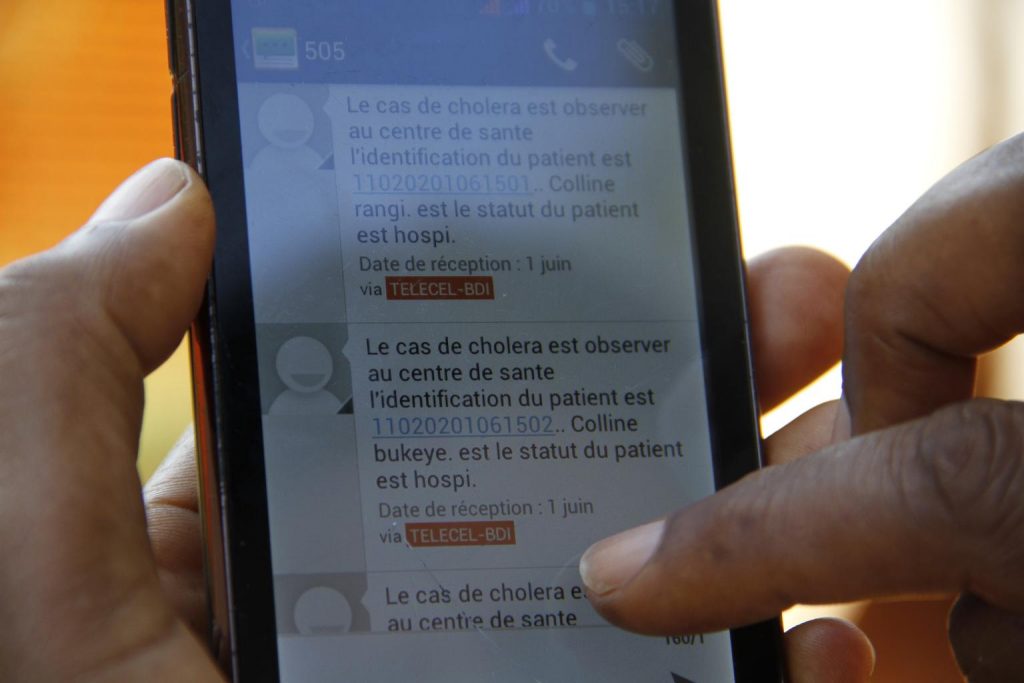In the COVID-19 pandemic, millions of marginalized people lack basic information about how to keep themselves and their communities safe and well. They include people who don’t speak the dominant language where they live, people with no or low literacy, and people without access to different forms of communication. Some don’t know what to do and why to do it.
As a consequence, they might not be able to make informed decisions about how to behave – which won’t slow the spread of disease. Marginalized people – like all – have a right to clear, accurate, and accessible information about the disease and response efforts. They need information in a language and format they understand. It must also be presented in a way that is relevant to them, and available in a channel they can access and trust.



